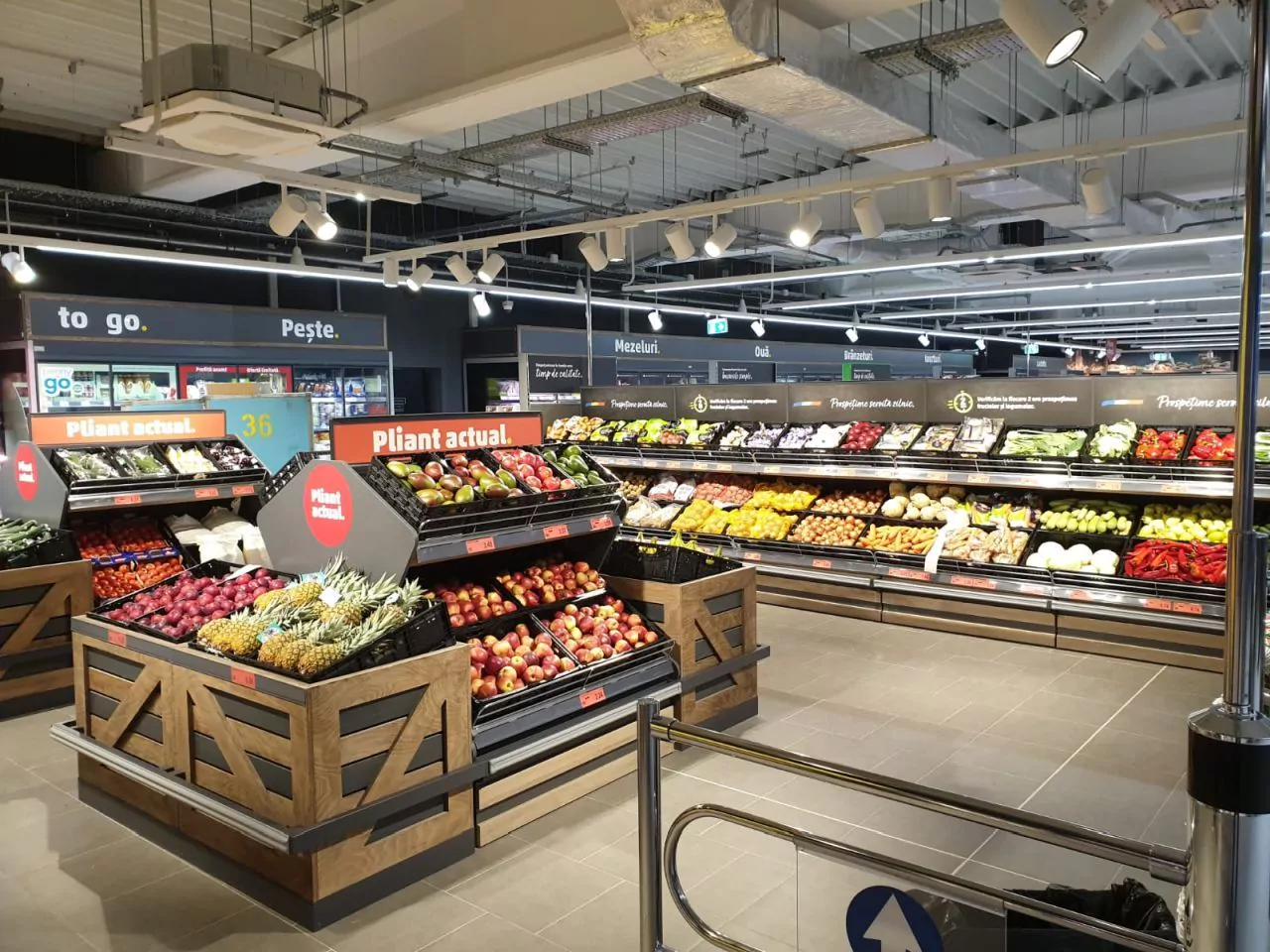Romania will have, from 2022, an Agency for Quality and Marketing of Agri-Food Products, with the aim of promoting and guaranteeing that Romanian traditional products are authentic, announced the Minister of Agriculture and Rural Development, Adrian Oros, quoted by Agerpres.
Urmărește mai jos producțiile video ale Economedia:
- articolul continuă mai jos -
“Pin The program for vegetables and fruit, which is run with the help of the Ministry of Agriculture, there are separate amounts for the education of children, young people. There is also a fourth lever, I hope it will come out, it is in the final stage at the Agriculture Committee of the Chamber of Deputies – Directive 633 on unfair trade practices, which establishes fair relations between the small Romanian producer or processor and the dominant trader who, unfortunately, in Romania is not Romanian. From the beginning of next year, this will be put into practice by the Agri-Food Quality and Marketing Agency. A European model that works everywhere. In this entity, which is a public-private partnership, the steering committee is made up of associations and institutions, with clear objectives and a budget. The agency will promote quality schemes and they will guarantee that those products are indeed traditional products, mountain products, or other products that belong to quality schemes,” said Oros.
The Agriculture Minister also said that the new agency will have to work with the team that will be set up in the Unirea House.
“This agency, which will work on the basis of the strategy drawn up with the associations, will primarily use European money and will work very well with the new approach of Casa Unirea. Once the administrative issues and disputes are completed there, the new team that will be installed will include members selected on the principle of corporate governance and will have to work with this Quality and Marketing Agency”, Adrian Oros said.
In November 2018, the government approved the establishment of the Romanian Agri-Food Trade House “Unirea”, a trading company that creates a national mechanism to ensure the purchase, sorting, primary processing, standardization, and distribution to domestic and export trade networks.
At the time, the authorities mentioned that the entity was based on three pillars of structuring and development: a national network with a territorial profile of agricultural clusters, integrating at the level of one or more Territorial Administrative Units (UAT), local agricultural production resources and specific services with at least one collection/distribution center.
Another pillar was represented by a network of regional siloing, storage, and industrial processing centers, the basic function of such a center is to ensure the sorting, packaging, and storage inappropriate conditions of agricultural products in the quantities, assortments, and quality required for their rhythmic promotion in domestic trade networks, and also to provide quotas for major export operations.
It also envisaged the creation of a national network of shops, developed in particular in centers of large consumption, capable of supplying the domestic market with fresh and processed agri-food products of domestic origin, which would also contribute to balancing the sectoral trade balance.
In the summer of 2019, the Minister of Agriculture, Adrian Oros, ordered the Control Corps to conduct a background check on the entire activity of the Unirea S.A. Chamber of Commerce for agri-food products, given that the members of the Board of Directors have reported “serious problems with the way the budget allocated to the Chamber of Commerce is spent.































